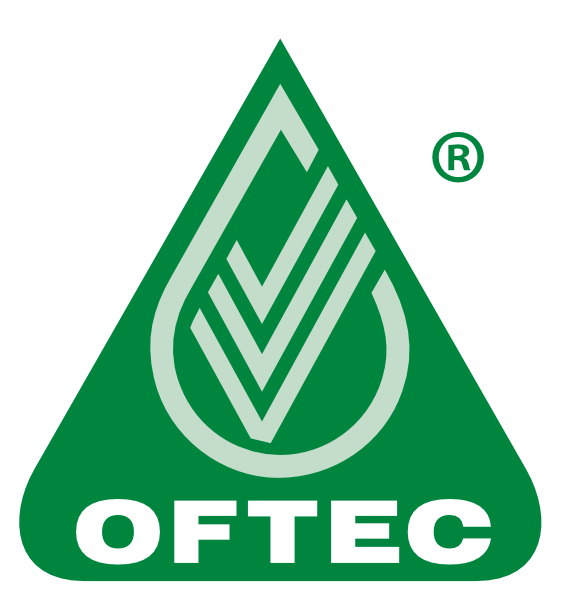Don’t forget to notify!
Changes to the Building Safety Act are set to increase the potential penalties on anyone who fails to notify building work, which includes heating installation work. Building work and associated trades are tightly controlled in the UK through a framework designed to ensure that work is carried out to an appropriate standard. It’s vital that heating installers understand their legal responsibilities and comply with the Building Regulations. We have published the following information to ensure you are accurately informed.
What work is covered by Building Regulations?
The Building Regulations 2010 cover the construction and extension of buildings and many types of alteration projects, including the installation or replacement of a heating system, adding extra radiators to a heating system, or the installation or replacement of an oil storage tank. Further details can be found here and in Approved Document J but keep in mind that the requirements for heating and hot water systems span a number of approved documents.
How is compliance with Building Regulations achieved?
The route to compliance with the regulations differs across the UK. In England and Wales, the Channel Isles and Isle of Man, there are three options:
- Submitting a building notice and obtaining approval from local building control
- Use of a private approved building inspector
- Use a tradesperson registered with a competent person scheme.
Heating technicians that are registered with a government approved competent person scheme can self-certify certain types of building work, including heating installations. Membership of a competent person scheme is voluntary - you can still use local authority or private approved inspectors if you prefer. However, while membership of a competent person scheme is voluntary, the need to comply with the regulations is not – it is a legal requirement.
Different rules apply in Scotland, Northern Ireland and the Republic of Ireland.
What is a Competent Person Scheme?
Competent Person Schemes were introduced by the UK Government to allow individuals and enterprises to self-certify that their work complies with the Building Regulations as an alternative to applying to your local authority or using an approved inspector.
A competent person scheme operator - for example OFTEC - must comply with the DLUHC conditions of authorisation. There are 21 conditions that must be met, and compliance is confirmed through regular annual inspections. From April 2023, the Building Safety Regulator (BSR), which sits under the Health and Safety Executive (HSE), took over responsibility for the management of Building Regulation system and competent persons schemes from DLUHC.
A recognised competent person must be registered with a scheme that has been approved by the Department for Levelling Up, Housing and Communities (DLUHC). To be registered with a competent person scheme, a heating technician must demonstrate that they meet the relevant minimum technical competence requirements. They must have passed an OFTEC - or industry approved – personal certification assessment in the scope of registration being applied for and provide a current certificate of technical achievement. They must also undergo an on-site inspection.
What happens if you fail to comply with regulations?
If applicable installation work is not certified in accordance with Building Regulations, or compliant, the installer may be subject to enforcement action. A local authority has a general duty to enforce the building regulations in its area and will seek to do so by informal means wherever possible. If informal enforcement does not achieve compliance with the regulations the local authority has formal enforcement powers which it may use in appropriate cases.
If a person carrying out building work contravenes the Building Regulations, the local authority may prosecute them in the Magistrates' Court where an unlimited fine may be imposed (sections 35 and 35A of the Building Act 1984). This will soon be strengthened by the Building Safety Act, with up to two-years imprisonment being added to the sanctions available to the courts.
This action will usually be taken against the person carrying out the work, for example the builder, installer or main contractor. However, alternatively, or in addition, the local authority may serve an enforcement notice on the building owner requiring alteration or removal of work which contravenes the regulations (section 36 of the 1984 Act). If the owner does not comply with the notice the local authority has the power to undertake the work itself and recover the costs of doing so from the owner.
Uncertified work often comes to light when a house is sold and the owner is forced to sort the matter out.
Statements from OFTEC and Local Authority Building Control.
Adrian Lightwood, OFTEC registration director said “Building Regulations are primarily there to safeguard consumers and ensure that work is carried out to a satisfactory standard. The framework in place to achieve this is tried and tested. Competent persons schemes provide a way for heating technicians to self-certify the installation work they carry out. While other routes to compliance are available, anyone who thinks it is acceptable to work outside the Building Control system by not getting their installation work certified is letting their customers down and, potentially, breaking the law”.
Statement by Local Authority Building Control (LABC). A person who intends to carry out building work (which includes the provision or extension of a controlled service or fitting such as those governed by Part J – Combustion appliances and fuel storage systems) must apply to the local authority, unless other routes to notification specified in the building regulations, such as the competent person schemes, are used or required instead.
